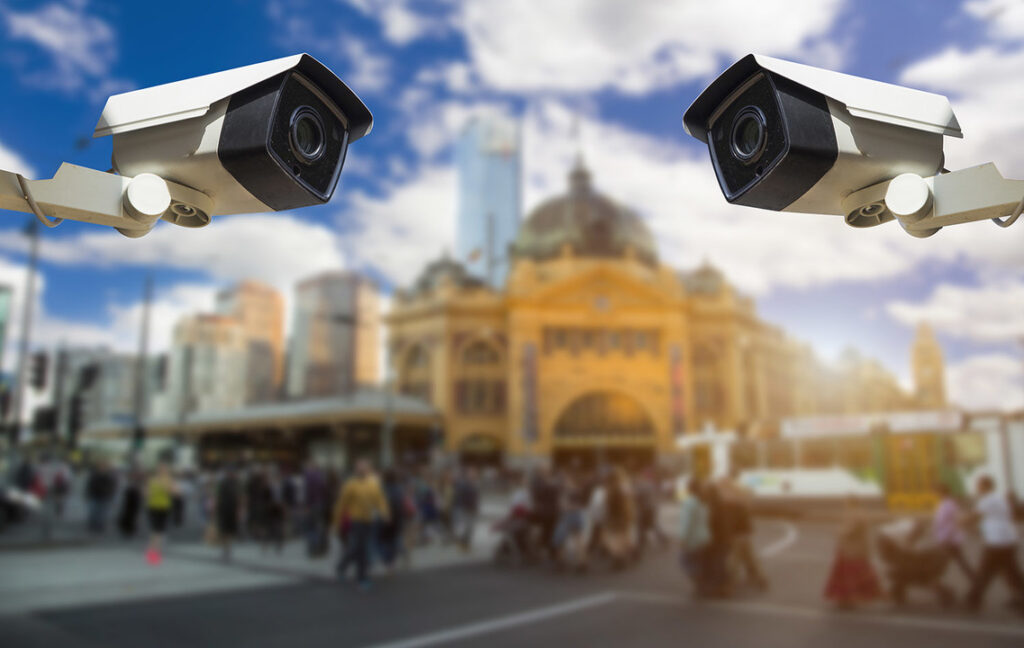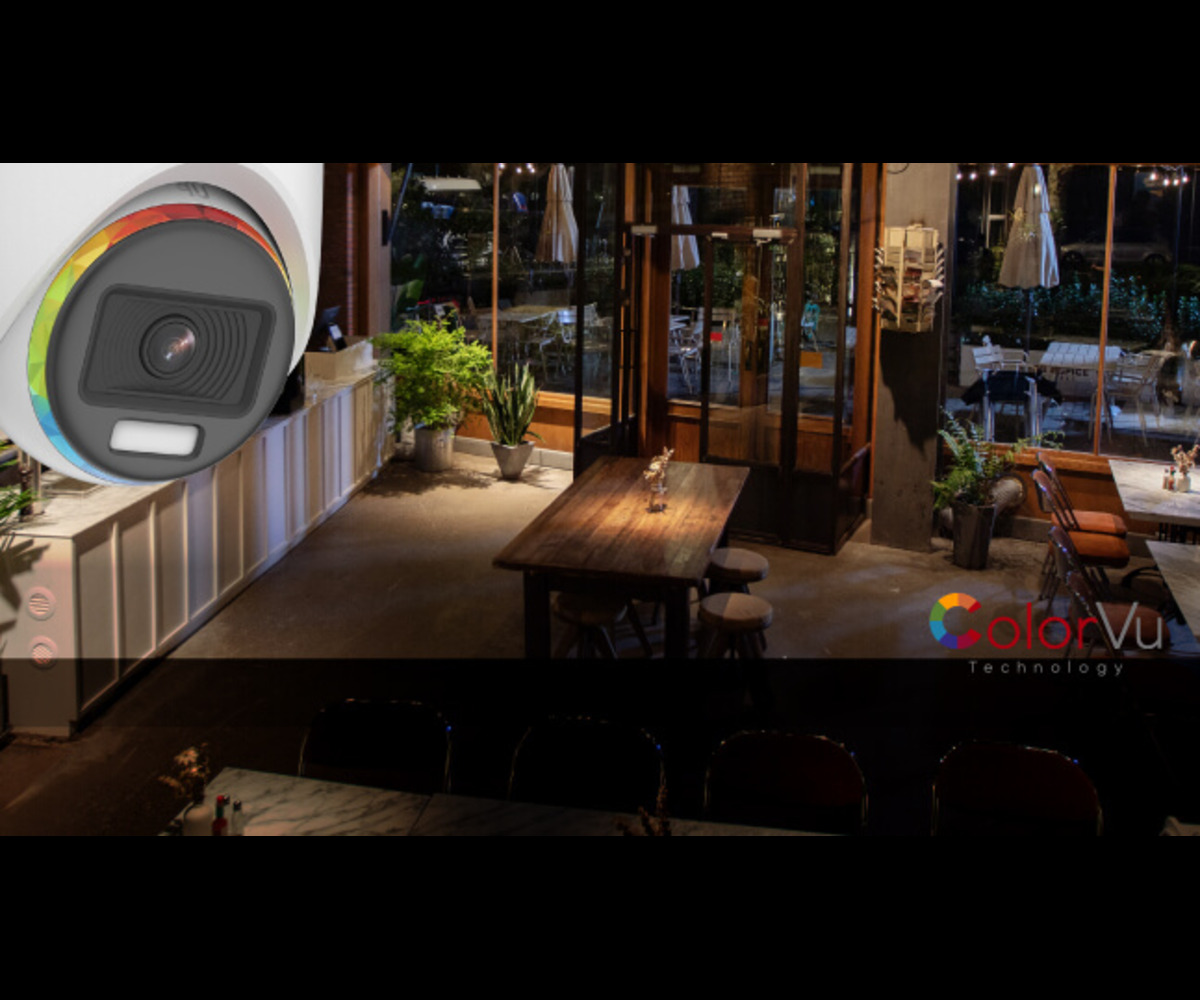How to Choose the Right CCTV Camera for Your Security Needs
How to Choose the Right CCTV Camera for Your Security Needs. In an increasingly interconnected world where security concerns are paramount, CCTV cameras have become an essential tool for both personal and business security. Whether you are looking to monitor your home, office, or any other property, selecting the right CCTV camera can make a significant difference in the effectiveness of your security setup. With a myriad of options available in the market, choosing the best CCTV camera can seem daunting. However, by considering a few key factors, you can ensure that you make an informed decision that meets your specific security requirements.
Understanding Your Security Needs
The first step in selecting the right CCTV camera is to assess your security needs thoroughly. Different environments and situations call for different types of cameras and features. Ask yourself:
Indoor vs. Outdoor: Are you primarily looking to monitor indoor spaces, outdoor areas, or both? Outdoor cameras need to be weatherproof and equipped to handle varying light conditions.
Coverage Area: What is the size of the area you need to monitor? Larger areas may require cameras with a wider field of view or the ability to pan, tilt, and zoom (PTZ).
Resolution Requirements: Do you need high-definition video quality to capture fine details, or is standard resolution sufficient for your needs?
Night Vision: Will the cameras need to operate in low-light or nighttime conditions? Cameras with infrared (IR) capabilities are essential for effective nighttime monitoring.
Audio Capability: Do you need to capture audio along with video footage? Some CCTV cameras come with built-in microphones or support for external audio equipment.
Remote Access: Do you require the ability to view live footage remotely from a smartphone or computer? Many modern CCTV systems offer remote access via apps or web portals.
Storage Needs: How long do you need to retain footage, and how much storage capacity will you require? Consider whether you need local storage options or cloud-based storage solutions.
By clearly defining your requirements based on these factors, you can narrow down your choices and focus on CCTV cameras that are best suited to meet your specific security needs.

Types of CCTV Cameras
There are several types of CCTV cameras available, each designed for different purposes and environments:
Dome Cameras: Dome cameras are compact and versatile, making them suitable for both indoor and outdoor use. They are often used in retail environments and offices due to their discreet design.
Bullet Cameras: Bullet cameras are typically used for outdoor surveillance and are characterized by their long, cylindrical shape. They are easy to install and often come with IR capabilities for night vision.
PTZ Cameras: PTZ cameras can pan, tilt, and zoom to provide comprehensive coverage of large areas. They are ideal for monitoring expansive outdoor spaces or areas that require close monitoring.
IP Cameras: IP cameras transmit video footage over an internet protocol network, allowing for remote access and high-definition video quality. They are suitable for both indoor and outdoor use.
Wireless Cameras: Wireless cameras eliminate the need for cables, making them easy to install and reposition. They are ideal for temporary surveillance or locations where wiring is challenging.
Choosing the right type of camera depends on your specific security requirements and the environment in which the camera will be installed.
Key Features to Consider
When evaluating CCTV cameras, consider the following key features to ensure they meet your security needs:
Resolution: Higher resolution cameras capture clearer and more detailed images. Consider cameras with at least 1080p resolution for optimal clarity.
Night Vision: Cameras with IR LEDs or low-light capabilities ensure effective monitoring in dark conditions.
Motion Detection: Cameras with motion detection capabilities can trigger alerts and recording when activity is detected, reducing the need for constant monitoring.
Weather Resistance: Outdoor cameras should be weatherproof and designed to withstand varying temperatures and weather conditions.
Remote Monitoring: Choose cameras that offer remote viewing capabilities via apps or web browsers for real-time monitoring from anywhere.
Storage Options: Consider whether you need local storage via SD cards or NVR (network video recorder), or cloud-based storage for storing video footage.
Choosing a Reliable Supplier
Lastly, when selecting a CCTV camera system, choose a reputable supplier or manufacturer known for quality products and reliable customer support. Reading customer reviews and checking warranties and support options can help ensure you receive a reliable product backed by excellent service.
In conclusion, selecting the right CCTV camera involves understanding your security needs, choosing the appropriate type and features, and selecting a reliable supplier. By carefully evaluating these factors and considering the specific requirements of your environment, you can invest in a CCTV camera system that enhances the security of your property effectively.
Remember, your security setup should be tailored to your unique needs and circumstances. By making an informed decision and choosing the right CCTV camera, you can gain peace of mind knowing that your property is well-protected against potential threats.

